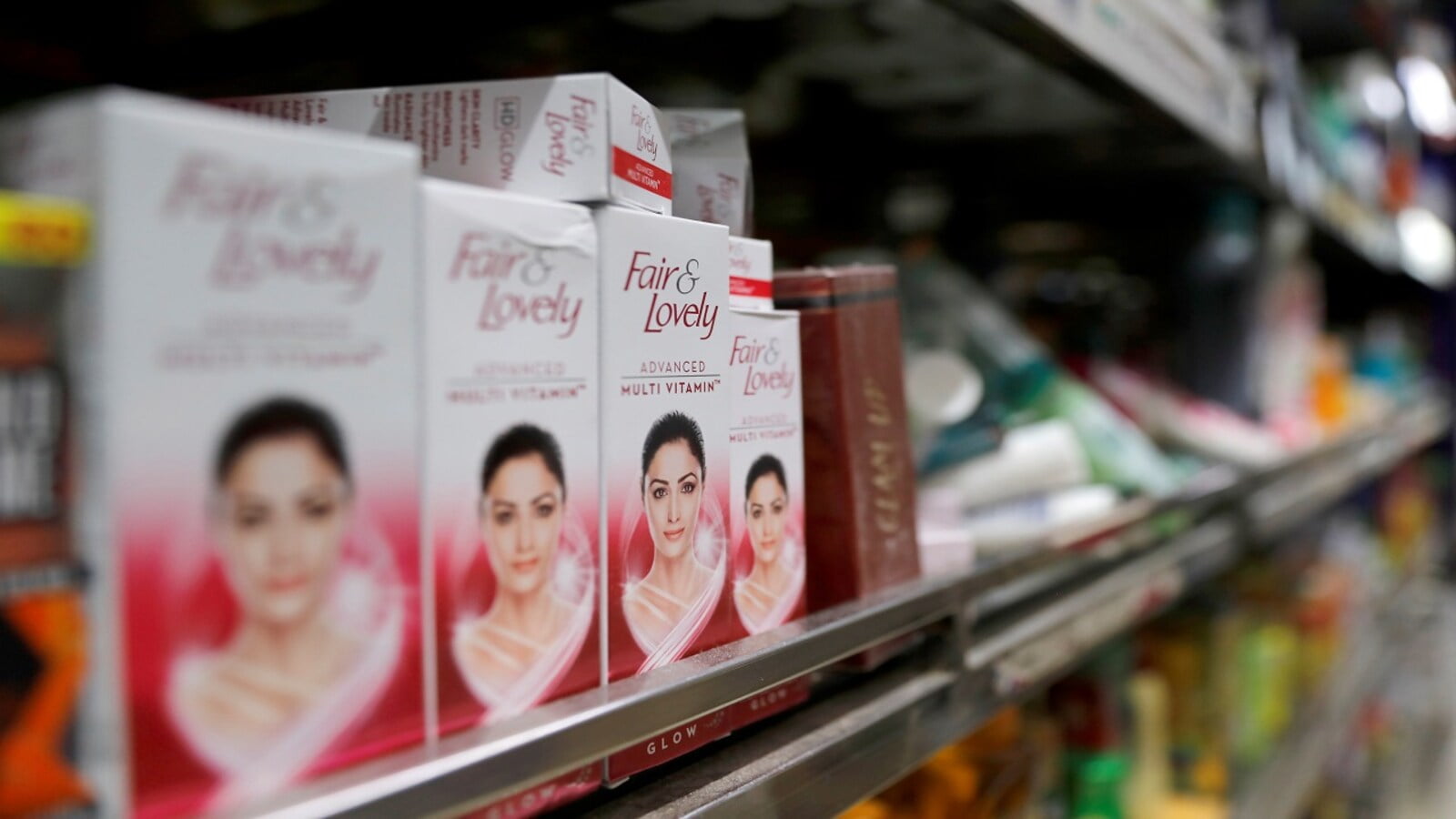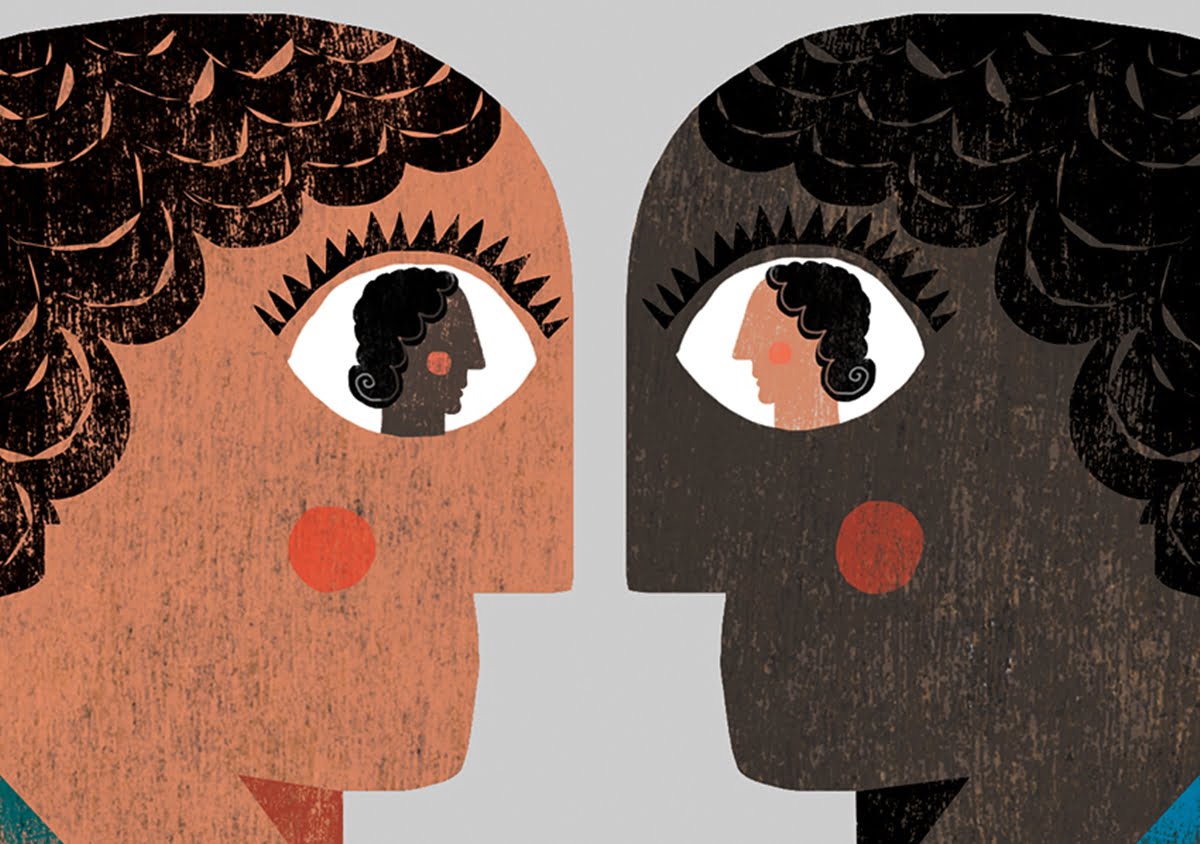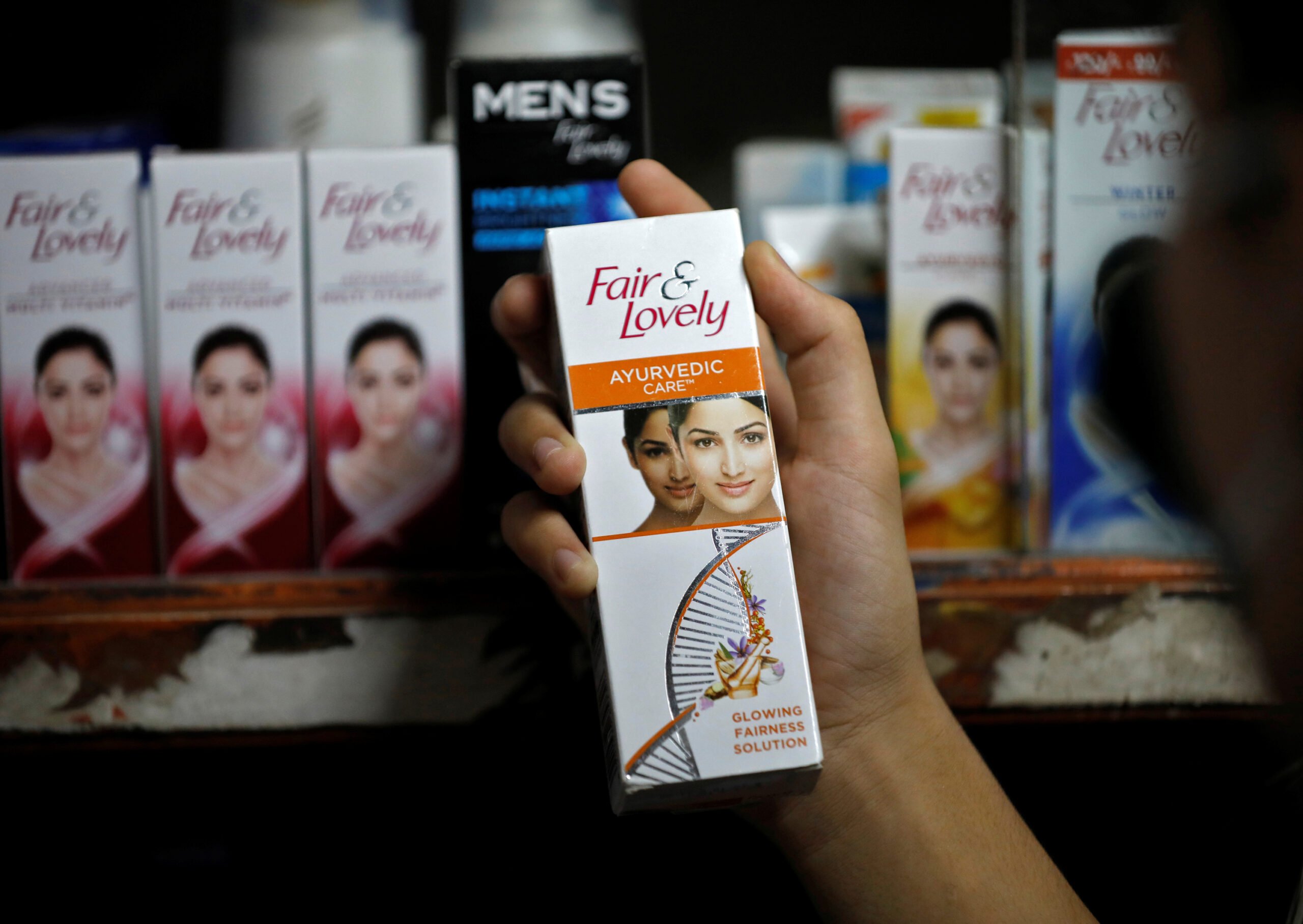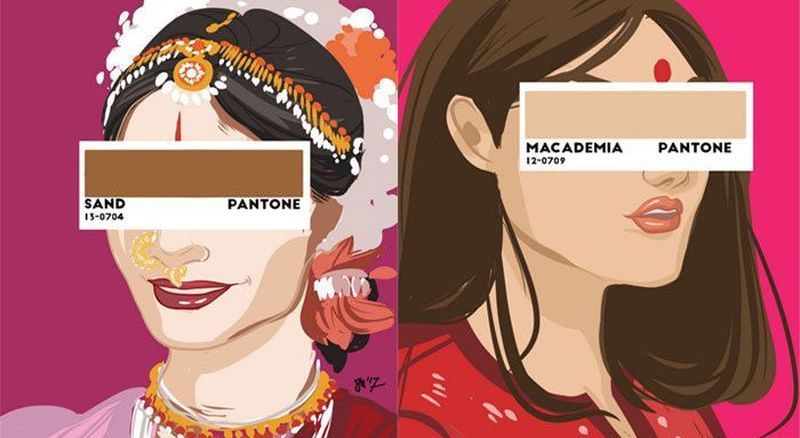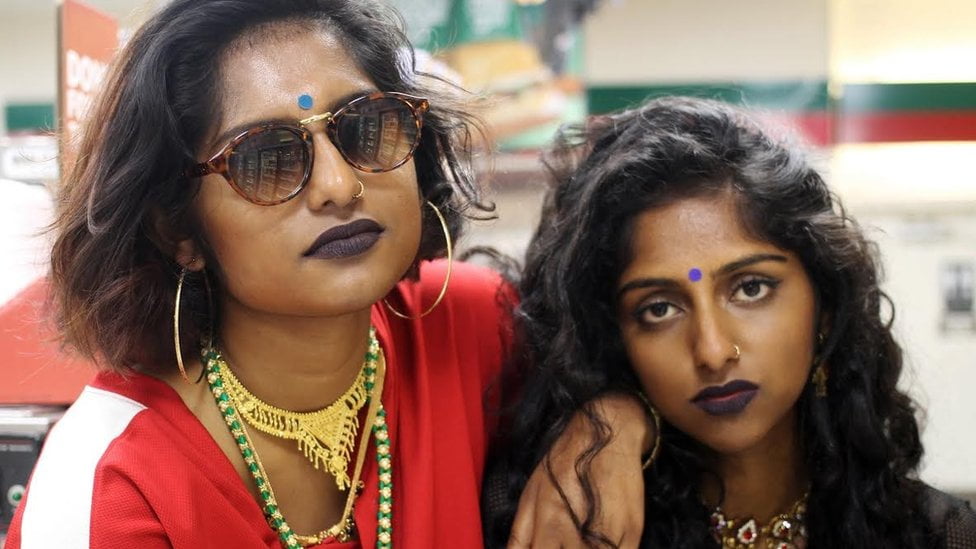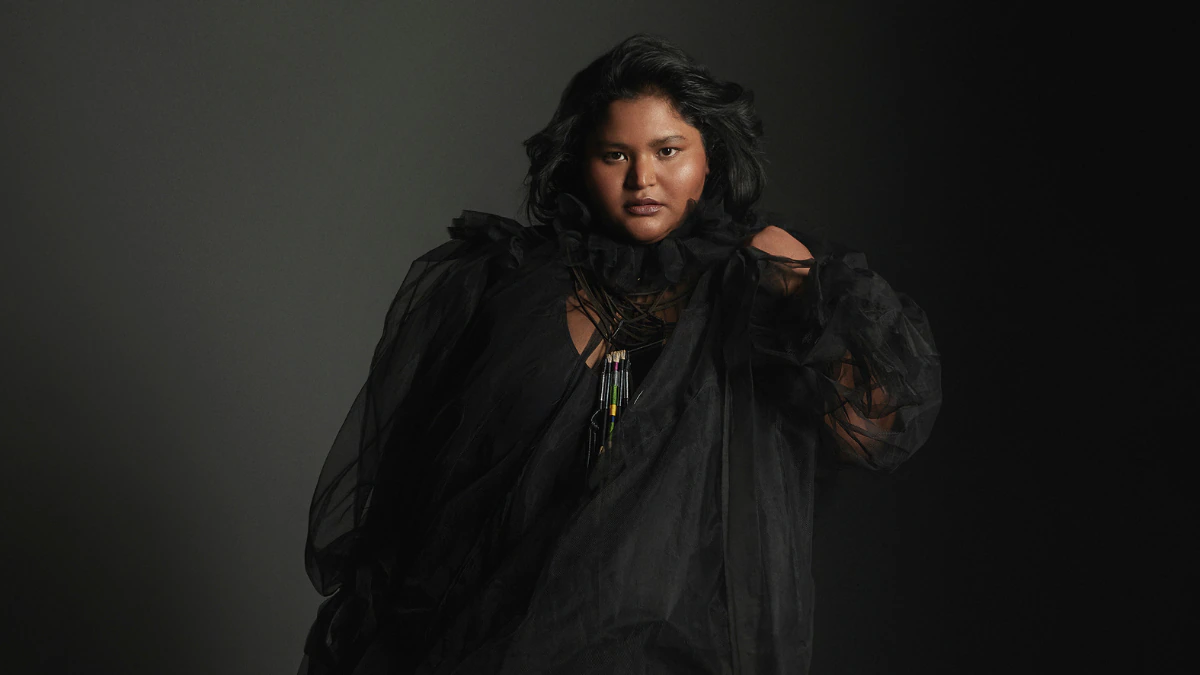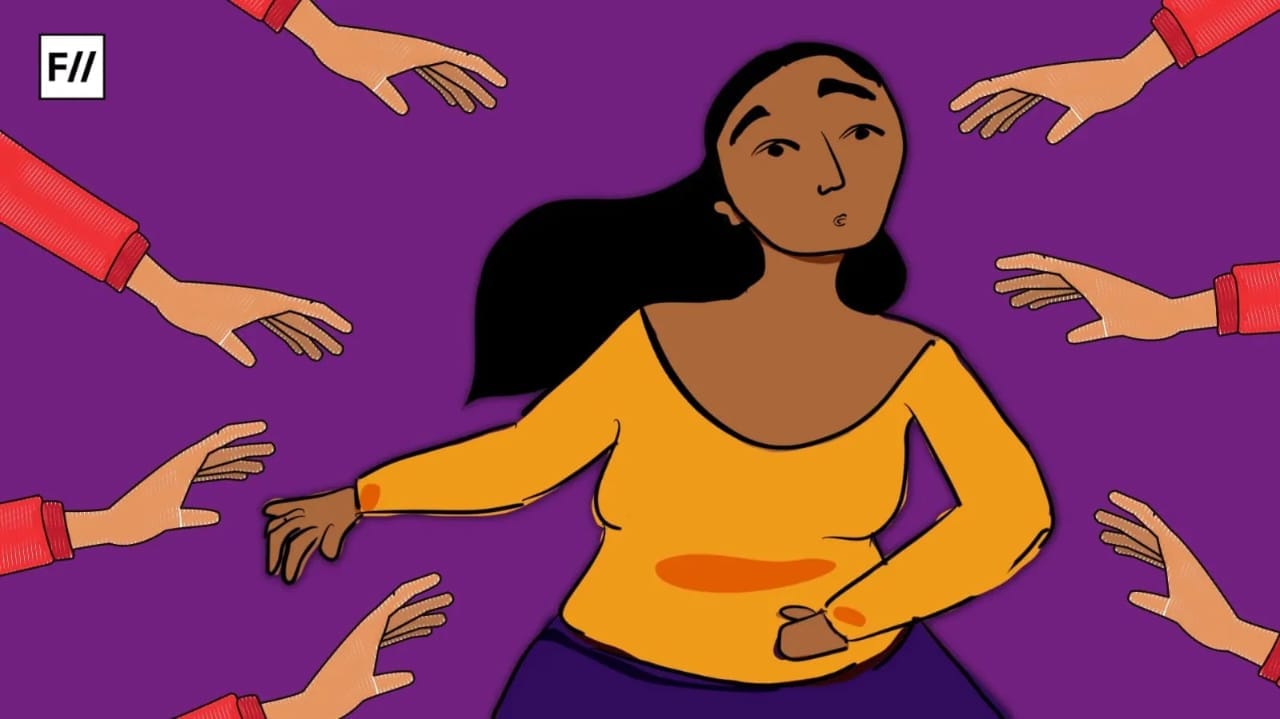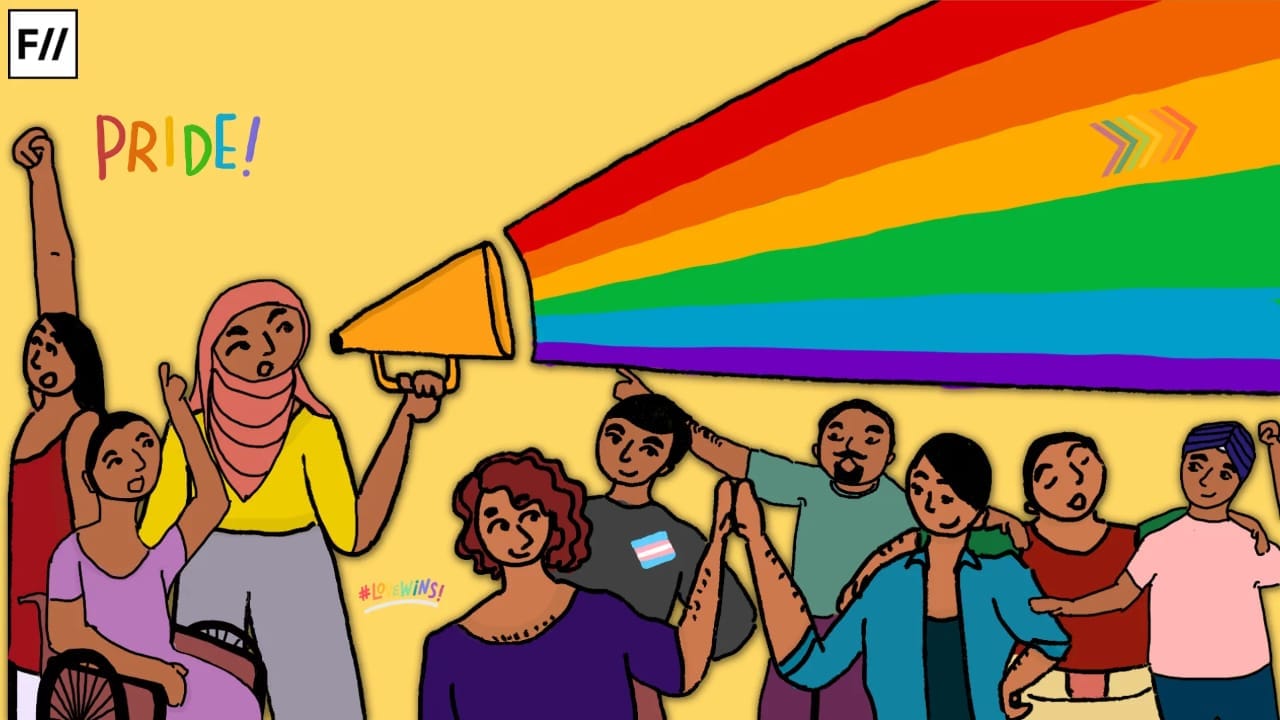In a heart-wrenching incident that has shaken the nation, an 18-month-old girl lost her life allegedly due to the abhorrent biases of her own father. The tragic episode unfolded in Petasannegandla village of Andhra Pradesh on March 31, sending shockwaves through the community and beyond.
According to the reports, Mahesh, the father of the infant, stands accused of feeding poisoned prasadam to his daughter, Akshaya. The poison-laced offering tragically claimed the life of the innocent child, leaving her mother distraught and the community reeling in disbelief. The act of poisoning an innocent child for the colour of her skin is a stark reminder of the deep-rooted prejudices that persist in our society.
The act of poisoning an innocent child for the colour of her skin is a stark reminder of the deep-rooted prejudices that persist in our society.
Shravani, the bereaved mother, stepped forward revealing the harrowing tale of domestic abuse and discrimination. She exposed the relentless torment inflicted upon her by both her husband and in-laws, all stemming from her daughter’s dark complexion, the report further states. Enduring unimaginable cruelty, Shravani’s plight serves as a poignant reminder of the pervasive colourism deeply entrenched within Indian society.
As per the reports, in a bid to conceal his heinous crime, Mahesh also coerced Shravani into lying about the cause of their daughter’s death. The truth, however, could not stay buried for long. Suspicion grew within the community, prompting the intervention of local authorities and the initiation of a probe by the Andhra Pradesh Child Rights Protection Commission.
The human cost of India’s colourism crisis
In a tragic incident in Rajasthan, India, a 21-year-old woman took her own life after enduring relentless harassment over her dark complexion, allegedly at the hands of her husband.
As per the reports, the investigation was launched following a complaint from the woman’s father, who accused the husband of causing his daughter’s death through continuous humiliation and discrimination based on her skin colour.
Another tragic manifestation of deep-seated colourism occured in 2022 when Sangeeta Sonwani, a 30-year-old woman from Amleshwar village in Durg district, Chhattisgarh, allegedly killed her husband after enduring repeated derogatory remarks about her dark complexion, highlighting the devastating impact of colourism in personal relationships.
Another horrendous crime occurred in 2023, when a man in Kellur village, Jewargi taluk, allegedly strangled his wife over her dark complexion.
Another horrendous crime occurred in 2023, when a man in Kellur village, Jewargi taluk, allegedly strangled his wife over her dark complexion. As per the reports, the victim, 28-year-old Farzana Begum from Yadgir district, faced constant ridicule from her husband, Khaja Patel, who taunted her inability to look like a “heroine,” regardless of makeup. Married seven years with two young children, this stark case once again underscores the lethal consequences of colourism.
These deeply distressing incidents including other reports and many unreported issues across India starkly illustrate the destructive impact of colourism, a prejudice deeply rooted in society that devastatingly affects individuals and families. From suicides to acts of violence, the stories of those affected by discrimination based on skin tone highlight an urgent need for change. It is imperative that we, as a society, commit to eradicating these biases through education, legal reforms, and broader cultural shifts.
From the untold suffering of individuals to the shattered families left behind, each story serves as a poignant reminder of the urgent need for change. As we confront the grim reality of discrimination based on skin tone, there arises a pressing question: How much longer must we endure the devastating consequences of prejudice before we collectively commit to a future free from the shackles of colourism? It’s a call to action that echoes through the depths of our societal conscience, urging us to embrace diversity, foster inclusivity, and build a world where every individual is valued for their inherent worth, regardless of the hue of their skin.
Racism and colourism: A deep-seated issue in Indian society
The tragic death of an 18-month-old infant named Akshaya sheds light on the deep-rooted issue of racism and colourism that persists in Indian society. Discrimination based on skin colour is a pervasive problem that affects millions of individuals, particularly women and children. The obsession with fair skin perpetuates harmful stereotypes and inequality, leading to devastating consequences such as the loss of innocent lives.
Racism and colourism have long been entrenched in Indian society, casting a dark shadow over its otherwise vibrant cultural landscape.
Racism and colourism have long been entrenched in Indian society, casting a dark shadow over its otherwise vibrant cultural landscape. Looking at the historical root of this, colourism in India can be traced back to ancient practices and the caste system, where social hierarchies were often associated with skin colour. Colonial history further exacerbated this bias, with lighter skin often seen as more desirable due to the higher status of European colonisers.
Understanding these roots is crucial in addressing the persistent prejudices that linger in contemporary society. The tragic demise of 18-month-old Akshaya serves as a chilling reminder of the insidious nature of these discriminatory practices. Discrimination based on skin colour permeates every facet of society, affecting millions of individuals, especially women and children, who bear the brunt of its devastating impact.
From childhood to adulthood, individuals are subjected to relentless scrutiny and bias based solely on the hue of their skin. Fairness creams flood the market, promising to lighten skin tones and perpetuating the harmful notion that fairer skin equates to beauty and success. This obsession with fair skin not only perpetuates harmful stereotypes but also exacerbates inequality, creating a stark divide between those deemed “fair” and those deemed “dark.”
Women, in particular, face immense pressure to conform to societal standards of beauty, with dark-skinned individuals often marginalised and subjected to ridicule and discrimination. The consequences of this systemic prejudice are far-reaching, extending beyond mere social exclusion to profound psychological and emotional trauma.
The consequences of this systemic prejudice are far-reaching, extending beyond mere social exclusion to profound psychological and emotional trauma.
Moreover, the impact of colourism extends beyond individual experiences to societal structures and institutions. Dark-skinned individuals are systematically disadvantaged in areas such as education, employment, and healthcare, further perpetuating cycles of poverty and inequality.
Media influence on beauty standards
The Indian media, particularly Bollywood and television commercials, has long glorified fair skin as the epitome of beauty and success. This perpetuation of light skin as the ideal standard has not only influenced personal aspirations but also shaped societal expectations, reinforcing stereotypes that equate lighter skin with higher value.
These deeply entrenched influential factors lead to the psychological impact where colourism has significant psychological effects on individuals, contributing to issues like low self-esteem, anxiety, and depression. The societal preference for lighter skin can lead to a profound sense of inadequacy and exclusion in those with darker skin, affecting their overall mental health and well-being.
Even in the matrimonial market, skin colour remains a prevalent criterion, with lighter skin often preferred, reflecting deeper societal norms and values, especially where some matrimonial sites provide skin colour as one of their filters to search for a spouse. This bias not only affects personal relationships but also reinforces the commodification of women based on their appearance, impacting their social and economic opportunities.
Moving forward, what will it take to build an inclusive society?
In the ongoing battle against colourism, grassroots movements and educational initiatives are pivotal in promoting diversity and inclusion from an early age. These efforts aim to reshape societal attitudes, encouraging a culture that evaluates individuals by their abilities and character rather than skin colour. Despite the active engagement of numerous NGOs and civil society organisations in raising awareness, advocating for policy changes, and supporting discrimination victims, the challenge remains significant.
The complexity of changing deep-seated biases was highlighted recently by a tragic crime linked to colourism, underscoring the urgent need for more effective outreach and education.
As we look to the future, there is a growing hope that through persistent educational efforts, policy reforms, and a cultural celebration of diversity, society can move towards true inclusivity. The objective is clear: to create a world where skin colour ceases to dictate one’s opportunities or value, and future generations can exist free from the constraints of colour-based prejudices. This vision for the future emphasises the need for continuous action and commitment at all levels of society to eradicate the shadows of colourism once and for all.
